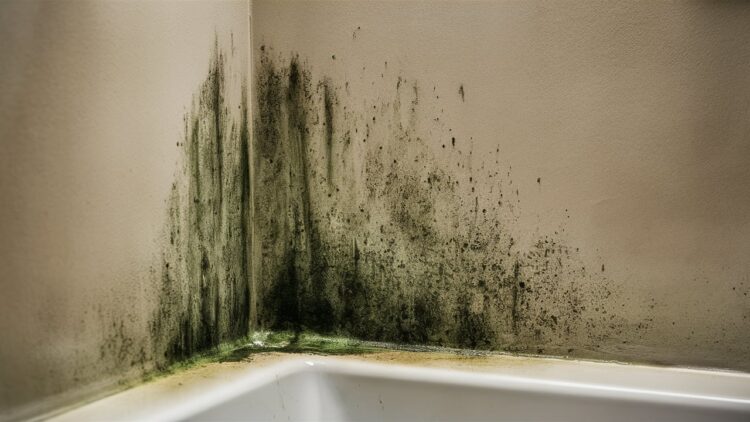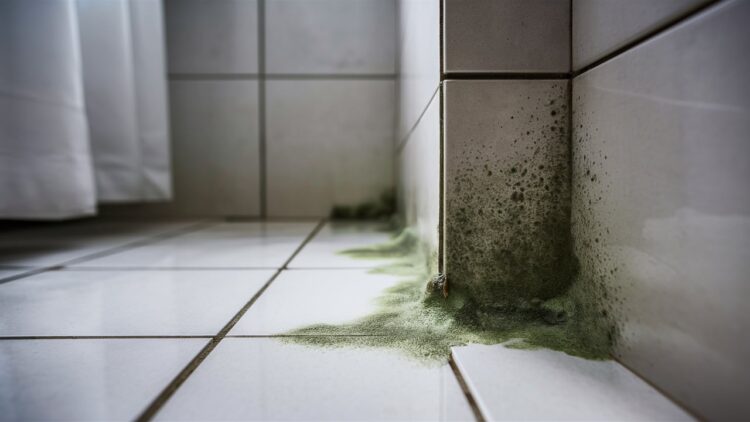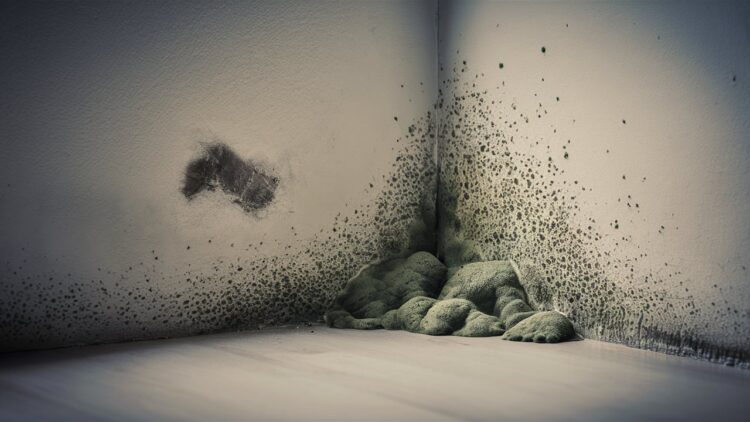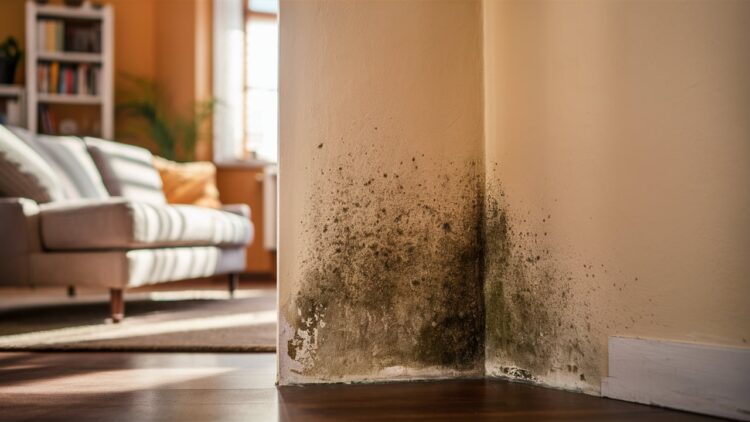Mold is not just a nuisance that can damage the aesthetic appeal of a home, it can also have a significant impact on its overall worth. From structural damage to health concerns, mold can wreak havoc on a property and lead to costly repairs and remediation efforts. In this article, we will explore how mold can affect the value of your home and what steps you can take to prevent its growth and mitigate its effects. Whether you are a homeowner looking to sell or simply want to maintain the value of your property, understanding the implications of mold is essential in protecting your investment.
The Impact of Mold on Property Value

Mold can have a significant impact on the value of a property, potentially causing a decrease in worth due to the potential health hazards and structural damage it can cause. Home buyers are often wary of purchasing a home with a history of mold infestations, as they may be concerned about the potential cost and effort required to remediate the problem.
Additionally, mold can also signal other underlying issues such as water damage or poor ventilation, which can further decrease the propertys value. In some cases, banks and insurance companies may even refuse to finance or cover a home with a known mold problem, leading to a decrease in potential buyers and overall interest in the property. Ultimately, addressing mold issues promptly and thoroughly is essential in maintaining and maximizing the value of a home.
Evaluating the Cost of Mold Damage in Real Estate

Evaluating the cost of mold damage in real estate involves considering various factors that can greatly impact the value of a property. Mold can affect a homes worth in multiple ways, from cosmetic damage to structural issues that require extensive and costly repairs.
When assessing the cost of mold damage, it is essential to consider not only the visible signs of mold but also potential hidden mold growth that may be lurking behind walls or under flooring.
Additionally, the presence of mold can also raise health concerns for potential buyers, adding another layer of complexity to the evaluation process. Ultimately, addressing mold damage in real estate requires a thorough inspection and remediation plan to ensure that the propertys value is preserved.
Ways Mold Can Decrease the Worth of Your Home

There are several ways in which mold can significantly decrease the worth of your home. Firstly, the presence of mold can be visually unappealing and off-putting to potential buyers, leading them to believe that there may be underlying issues with the property.
Additionally, mold can also cause structural damage to the home, such as weakening walls and ceilings, which can be costly to repair. Furthermore, mold can have a negative impact on the indoor air quality of the home, potentially causing health issues for those living there. Overall, the presence of mold can not only lower the value of your home but also make it harder to sell in the future.
Conclusion
In conclusion, it is clear that mold can have a significant impact on the worth of your home. Mold not only poses health risks to residents but can also compromise the structural integrity of a property. By proactively addressing mold issues through regular inspections, such as a mold inspection tampa, homeowners can safeguard their investment and ensure a safe and healthy living environment.
Ignoring mold problems can lead to costly remediation efforts and diminish the overall value of a home. It is crucial for homeowners to stay vigilant and take the necessary steps to prevent and address mold growth in order to protect their propertys worth.

